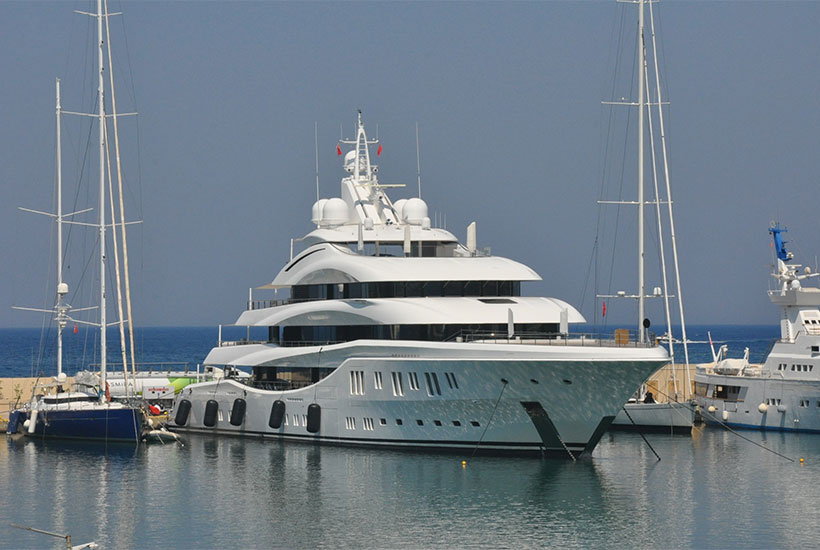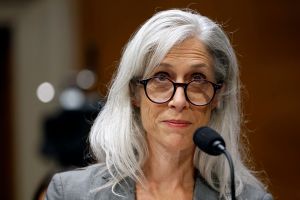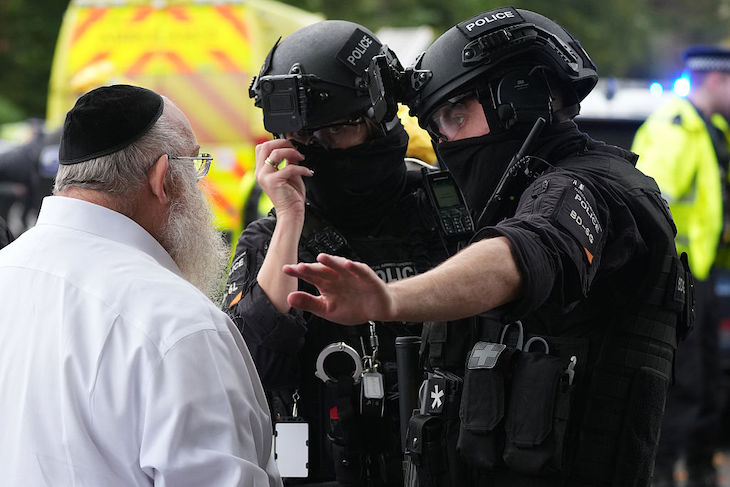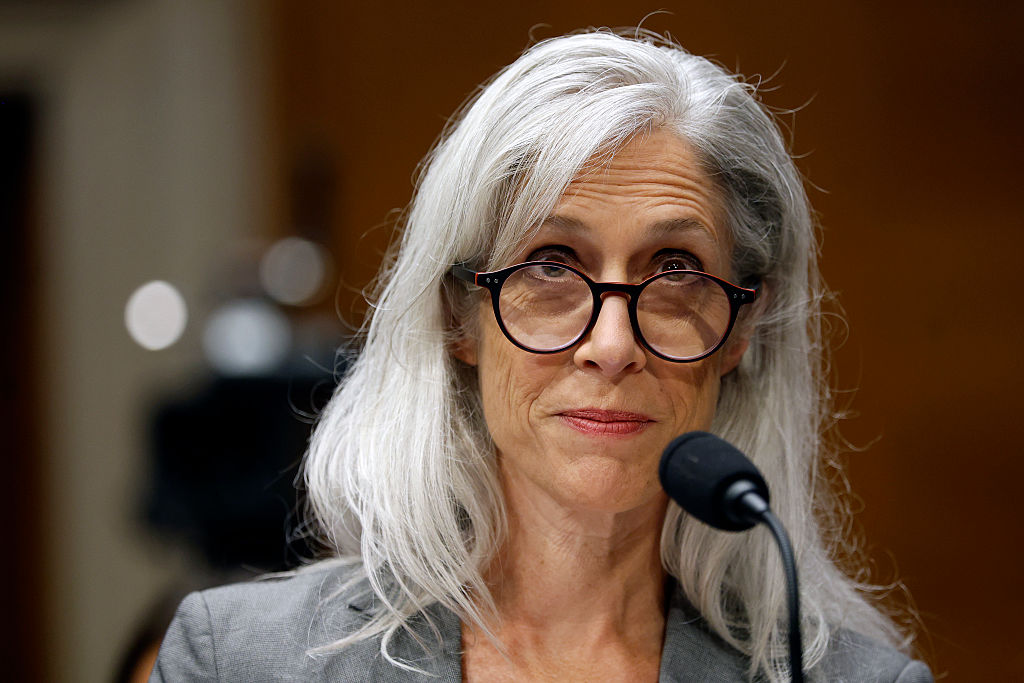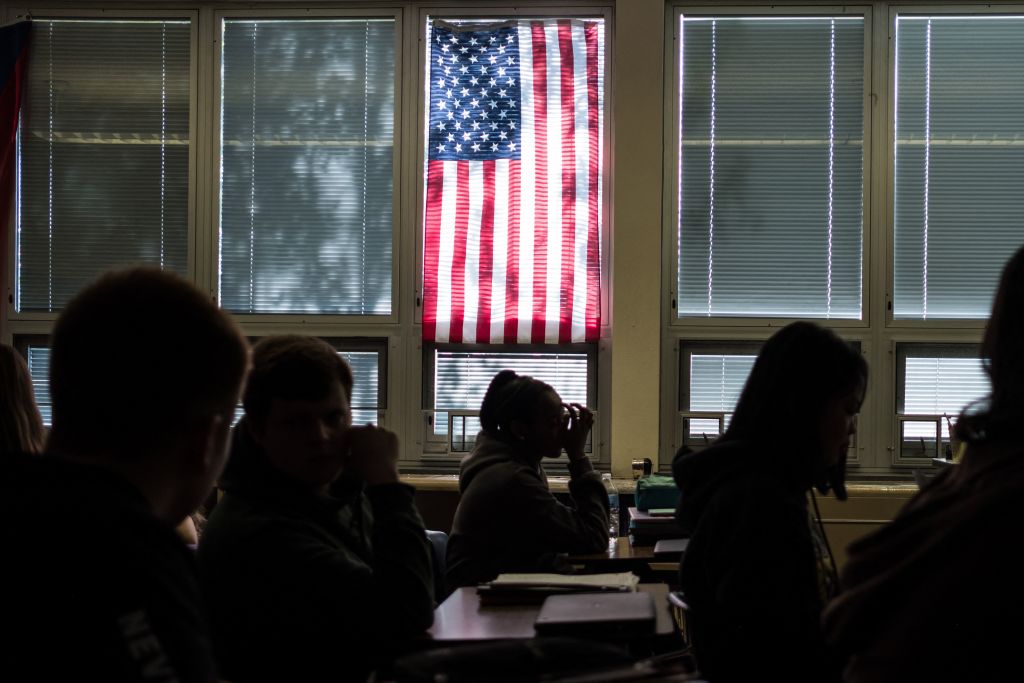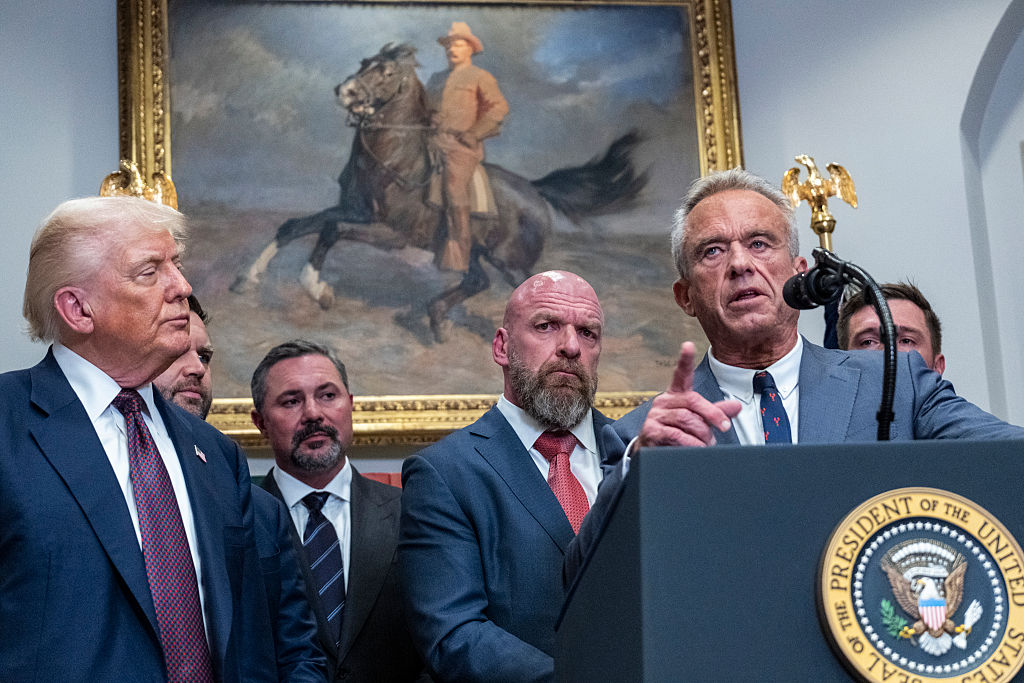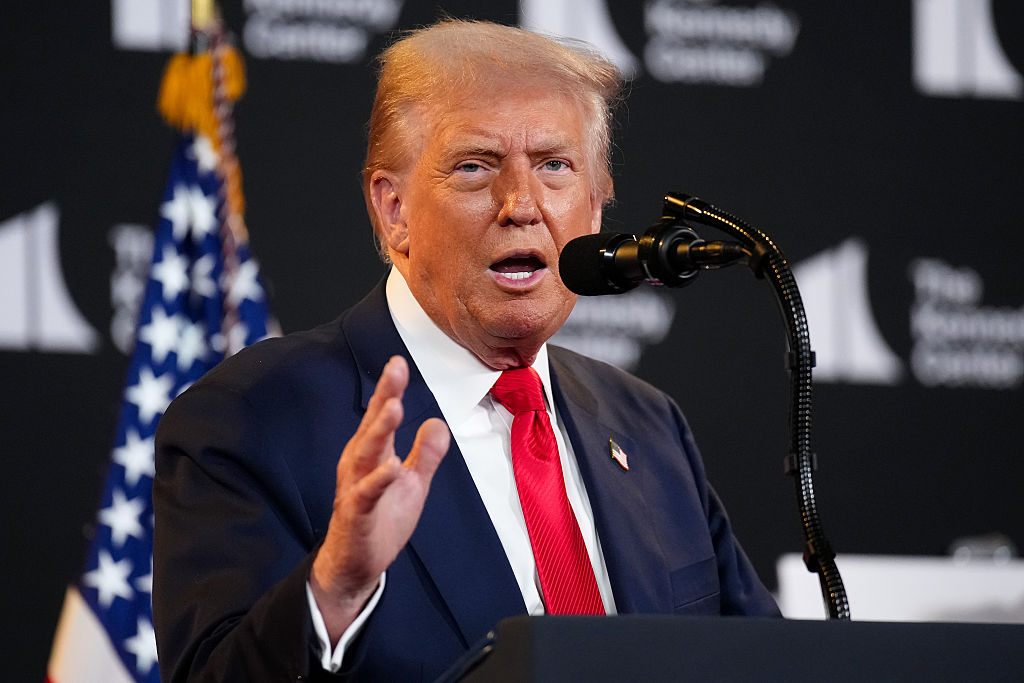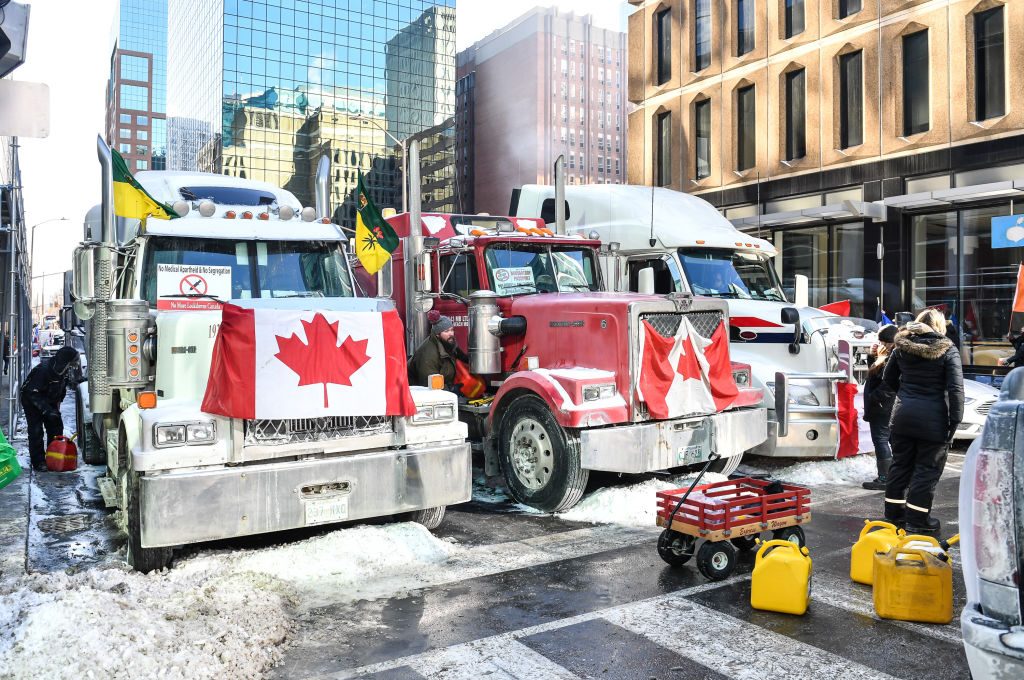It’s a ghost town,’ said the officer manning the body scanner at Manchester airport — Manchester, New Hampshire, that is, a city of some 112,000 citizens. I don’t know how many of them would normally be passing through its departure hall on a Sunday morning, but today there are no more than 50, plus me and a bottle of hand sanitizer to remind us why it’s so quiet.
A spokesman for the global airline industry says carriers collectively foresee worst-case revenue shortfalls of $113 billion as a result of virus fears and travel restrictions, similar to what hit them after the 2008 financial crash. Flybe, already a sickly patient, is our own first fatal victim — allowing UK chancellor Rishi Sunak to drop Budget reforms to air passenger duty that might have helped keep the regional carrier alive. Meanwhile, US airline chiefs whose shares are being hammered and planes are flying near-empty can hardly have been reassured by a recent audience with Trump and Pence. The president continues tweeting seven stupid things before breakfast about his great response to the outbreak, while international medical opinion says limited early testing and confused messaging in the US has so far amounted to the least effective action among developed nations.
So I’ve picked an interesting week to visit eastern states, beginning with a wedding party in Vermont, where a rural economy based on timber, apples and cheese feels as unglobalized as it’s possible to be. And yet guests have flown in from the UK, France, Vancouver and Hong Kong, among them a manager of a worldwide conference business that’s staring into the abyss and a builder of billionaire superyachts who says, with embarrassment, that his industry expects to be as untouched by this crisis as it was in 2008.
But I’m buoyed by optimism of a different kind among start-up entrepreneurs, here and at other points on my tour, in fields from virtual reality to cannabinoid products. And I admire the coolness of a doctor from Manchester — Manchester, England, that is — who says we should all remember Voltaire: ‘The art of medicine consists in distracting the patient while nature cures the disease.’
Wait for the bounce
Frankly there’s nothing worth saying during a stock-market crash. Forty-five years’ observation of markets has taught me to hold my breath and wait for the bounce. On Black Monday in 1987, when I was in charge of a Hong Kong share-dealing operation, I recall telling my London boss what I thought ‘the next support level’ would be. ‘In these conditions,’ he replied, trying to sound commanding, ‘there are no support levels.’ But he knew no more than I did, just as no one knows what will be the duration and impact of this market sell-off and the accompanying fall in oil prices. So if your instinct is to retreat into the woods until it’s all over, the best I can do is to recommend the Grafton Inn in Vermont, with its $13 burger-and-brew offer on Thursday nights.
It’s a Democrat conspiracy
In New York City only 25 virus cases had been confirmed by Tuesday — though many more had been found in suburban Westchester County. At an office meeting, we elbow-bump self-consciously instead of shaking hands; but the busy streets, in spring sunshine, still feel relatively normal. Few people are wearing face masks, the most original use of these short-supply items being a $270,000 armed heist at the Aqueduct racetrack in Queens on Saturday night. Some of Manhattan’s Chinese restaurants are reporting business down by 70 percent, but the fashionable Marta pizza joint on East 29th Street — serving a fine ‘bottle-aged’ negroni, by the way — is full to the last table.
Maybe New Yorkers are taking their cue from Fox News, which is urging them to go about their lives as normally as possible. Here you can find Steve Hilton — the former Cameron policy guru turned Trump cheerleader — ranting about the cost to ‘the poorest Americans’ of a ‘catastrophic overreaction’ by an ‘arrogant ruling elite’. One guest on his show goes further, suggesting the virus panic is all a Democrat plot to derail Trump’s economic locomotive (America generated 273,000 new jobs last month) ahead of the election.
New York’s big-spending Democratic mayor Bill de Blasio — briefly a presidential hopeful, now a Bernie Sanders supporter — is doubtless seen by Trump true believers as part of that conspiracy. One of his virus-response measures is to offer businesses with fewer than five employees $6,000 to help maintain jobs in the face of an accelerating downturn; firms with more than 100 employees that can show evidence of a 25 percent drop in sales can apply for $75,000. Such precisely targeted injections should prove more effective than a wafer-thin rate cut and another pile of quantitative easing: in the neo-Keynesian mood of Britain’s government, that’s an interesting precedent for Rishi Sunak to chew on.
This article was originally published in
The Spectator’s UK magazine. Subscribe to the US edition here.



